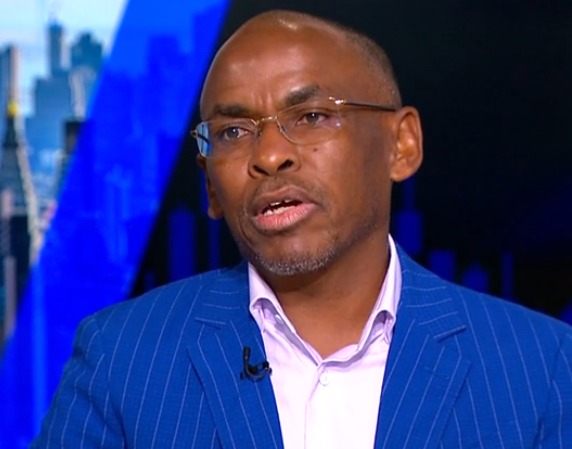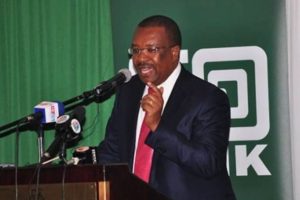
Kenya’s largest telecommunications provider Safaricom is exploring a partnership with satellite internet service “Starlink” founded by American entrepreneur and billionaire Elon Musk that has recently gained hype its competitive pricing and high-speed connectivity.
This strategic move aims to enhance internet access, particularly in remote areas where traditional fiber optics struggle to reach.
During an interview with Bloomberg on Thursday, September 26, 2024, Safaricom Chief Executive Officer (CEO) Peter Ndegwa explained that the potential partnership will ensure Musk’s Starlink complements local technology.
He added that the satellite technology is effective in providing internet to rural areas and other places that fibre-based technology, used by Safaricom and other local providers, cannot access.
Ndegwa praised Safaricom’s impact, noting that 4G technology has a 95% reach across the country while fibre optic cable is becoming increasingly popular among homes and multinational companies.
The CEO responded to concerns regarding the potential curtailing of Starlink’s wave after writing to the Communications Authority of Kenya (CA), asking them to reconsider granting licenses to satellite internet providers.
“From a satellite perspective, we have to partner with Starlink or other satellite providers in the future to ensure that technology plays right through. We have had some discussions and will continue to have those discussions to the extent that they complement what we are offering,” he told an American news outlet.
He emphasized that fibre technology is among the best in the region, and satellite technology adds to the existing services.
“What we’re telling the regulator is that satellite is used in places not covered today because it will benefit the country rather than competing in urban areas. We’re not worried about competition; we will deal with it,” Ndegwa stated.
Further explaining the letter to the CA, Ndegwa clarified that the telco expressed its views as part of public participation and sought to find a way for satellite technology to fit into the Kenyan market, noting that Safaricom does not have the authority to prevent anyone from operating in Kenya, as that is a regulatory decision.
“I think there’s a misconception about Safaricom getting in the way. We’re not the regulator. We had expressed our views about how the regulator should ensure industry players express their views about how this is in terms of public participation, which is enshrined in the Constitution,” he remarked.
Globally, several governments, including Taiwan and India, have raised concerns about whether satellite internet services comply with local laws.
Critics locally have argued that Starlink has captured a market largely dominated by Safaricom and enticed customers with attractive deals.
Ndegwa responded to these claims by stating, “I wouldn’t call it dominance. We’ve been successful because we have invested in Kenya for a long time. Many people don’t realize we actually got licenses all around the same time across the industry.”
“We invest between USD 300 million and USD 350 million every year to expand infrastructure and continue to create access. So it sharpens our ability to compete. I think the most important thing is to ensure there’s a level playing field. We are a local company that has been very successful,” he added.
According to Ndegwa, Safaricom pays approximately a billion US dollars in taxes every year and is the largest business listed on the stock exchange.
“Clearly, we have a voice and we need to make sure that voice is heard, but we don’t want to limit consumer choice,” Ndegwa concluded.
President Ruto recently weighed in on the matter during a roundtable discussion in New York, stating that Starlink’s presence has fostered healthy competition in the market, prompting Safaricom to enhance its services.
“I have my CEO for Safaricom; sometimes he’s not very happy with me for bringing other characters like Elon Musk and others into the space. I keep encouraging Peter that competition makes you keep ahead, and he’s been doing pretty well; I must admit, he’s really upped his game,” Ruto said.
Safaricom upgraded its fibre internet speeds to remain competitive, introducing a Platinum package that offers 1,000 Mbps to meet the needs of heavy internet users, such as gamers and content creators.
On the other hand, Starlink has launched a Starlink mini kit priced at Ksh.27,000, with monthly packages beginning from Ksh.1,300.
The mini kit is smaller and portable compared to the Starlink Standard, which ranges from Ksh.39,500 to Ksh.74,000.

















